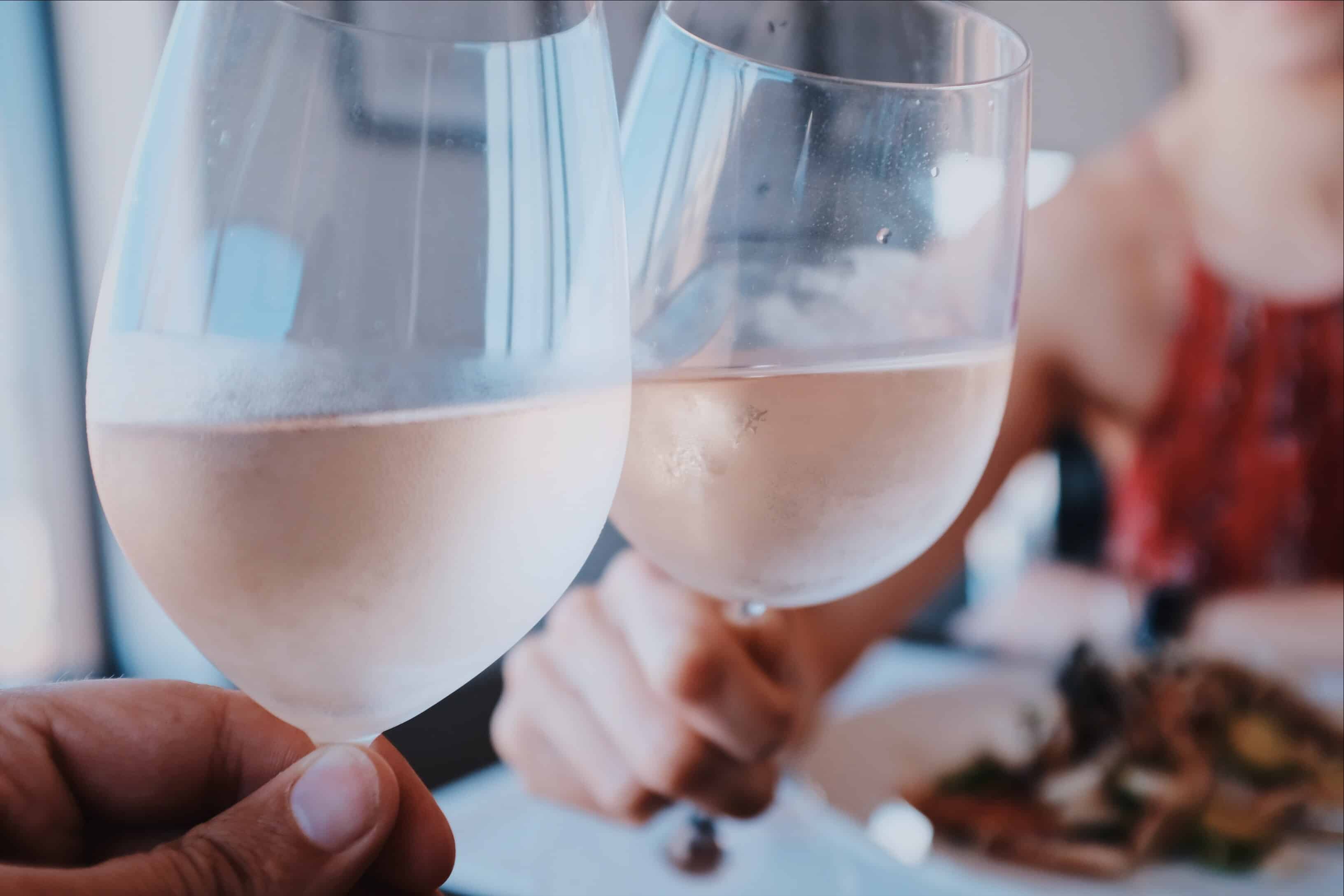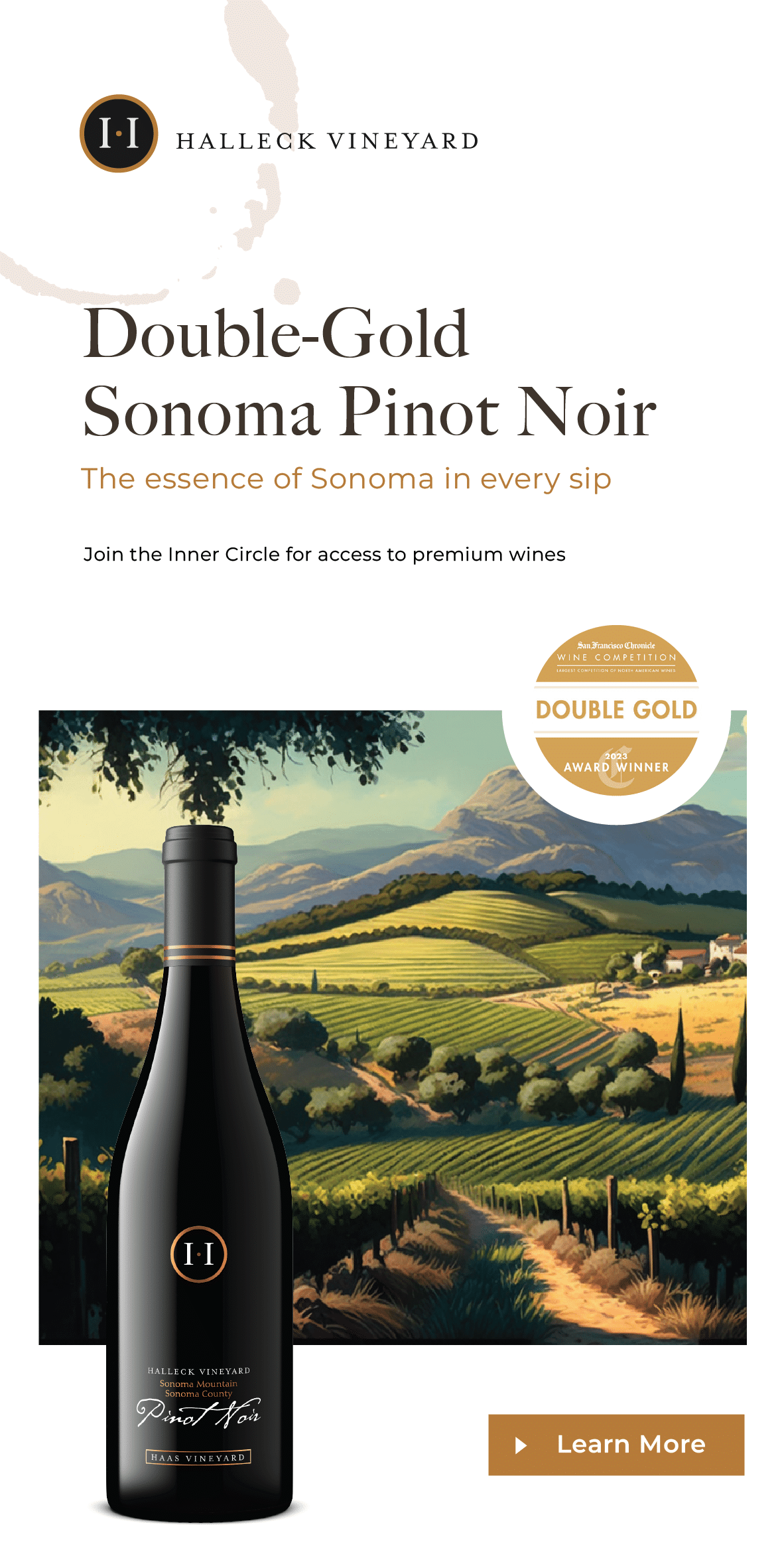Popular Wineries With Outdoor Seating In Sonoma - Vineyard Tasting Events In Sonoma County
Popular Wineries With Outdoor Seating In Sonoma - Vineyard Tasting Events In Sonoma County
Blog Article
Charming Wineries With Views In Sonoma Valley - Wineries With Outdoor Tastings In Sebastopol
Wine tasting is commonly regarded as an art kind, one that goes past merely enjoying a beverage. It embraces a posh interplay of flavors, aromas, and textures that requires devoted practice to truly master. Many who venture into the world of wine tasting rapidly understand that it includes rather more than simply sipping wine. Bettering sensory skills through dedicated winery wine tasting can elevate the experience, transforming an informal drinking occasion into a complicated exploration of the senses.
At a primary level, wine tasting engages the senses of sight, scent, taste, touch, and even sound. Each component performs a vital position in appreciating the nuances of a wine. When one first pours a glass of wine, the rich hues can provide preliminary insights into its age and varietal. Observing the color and readability helps kind expectations about the wine's flavor profile. Many don’t fully respect how this visible assessment can set the stage for what's to follow.
The next step is to interact the sense of smell. Swirling the glass aerates the wine, permitting its volatile compounds to flee and fill the air with its bouquet. The nose entails some fascinating layers—different aromas can signal varied aspects of the winemaking process, together with the kind of grapes used, fermentation strategies, and aging circumstances. Growing a keen sense of scent is often a game-changer in wine tasting.
Elegant Wine Tasting Locations In Sonoma - Enjoying A Vineyard In Sonoma
To enhance this sensory skill, wine enthusiasts are sometimes inspired to participate in devoted tastings at wineries. These tastings permit individuals to focus solely on the sensory experience (Wineries Known For Their Hospitality). Tasting classes led by knowledgeable sommeliers or winemakers can provide insights into identifying distinct aromas. Studying to differentiate between floral, fruity, earthy, and spicy notes can empower a taster to articulate their experience with higher precision.
As one practices their sensory abilities, they may uncover that their taste preferences evolve. This transformation typically happens after a quantity of tastings. A wine that originally seemed overwhelming would possibly reveal hidden layers of complexity with a bit of experience. Understanding tips on how to isolate individual flavors such as acidity, sweetness, bitterness, and umami contributes considerably to the overall wine experience.
One Other important factor in bettering sensory skills is the context by which wine is tasted. Environmental components like temperature, lighting, and even the company current can affect perceptions. At a winery, an optimal setting can scale back distractions and allow a more profound exploration of the wine (Wineries With Artisan Chocolate Pairings In Sonoma). Practicing aware tasting techniques encourages a extra immersive experience, allowing tasters to hone in on their senses.
It is not solely about individual notion, though. Partaking with others throughout a tasting also can improve sensory skills. Sharing notes and discussing impressions fosters a deeper understanding of the wine. This collaborative strategy encourages members to articulate their sensory experiences, thereby broadening their linguistic repertoire related to wine tasting.
Wine Tasting Experiences With Local Cheese - Vineyard Visits And Wine Tasting In Sonoma
Moreover, pairing wine with food can significantly enhance the tasting experience. Completely Different combos can convey out unique flavors in each the wine and the dish. As one tastes a wine alongside specific foods, they'll start to recognize how sure elements within the wine complement or contrast with what they are eating. This skill of pairing is one other layer that enriches sensory improvement.
Training one’s palate can contain a big selection of workouts. Some enthusiasts engage in systematic tasting experiences, sampling a range of wines that showcase different varietals, areas, or vintages. Exploring this variety can sharpen the ability to discern nuances throughout different wine profiles. Over time, this practice builds a psychological library of flavors that could be accessed during future tastings.
Notably, written notes serve a twin purpose: organizing one’s ideas and reinforcing memory. By writing down observations about every wine, tasters can track their progress over time. Detailing the traits of wines assists in solidifying knowledge, in the end deepening one’s appreciation of what they devour.
Moreover, attending workshops or classes focused on sensory evaluation may additionally be beneficial. Many wineries supply these educational applications to help people refine their skills. Often, educated instructors guide members via structured tastings, specializing in specific parts of the wine. This level of schooling reinforces the sensory skills asynchronously and challenges tasters to suppose about their experiences from totally different angles.
Wineries With Outdoor Seating - A Guide To Sonoma Wineries

Over time, the commitment to enhancing sensory skills via dedicated winery wine tasting can yield vital rewards. The enjoyment derived from wine becomes layered and multifaceted. No longer limited to a simple preference for "red" or "white," tasters begin to appreciate the stories behind every pour. They domesticate a palette able to navigating the advanced panorama of flavors with confidence.
In conclusion, the journey of enhancing sensory skills via dedicated winery wine tasting is as rewarding as it is enjoyable. It requires focus, commitment, and a willingness to learn, however the outcomes far exceed the preliminary effort. By participating a quantity of senses and taking part in considerate discussions, individuals not only become more proficient at figuring out flavors but additionally develop a deeper appreciation for the craftsmanship behind every bottle. The process transforms wine from a mere beverage into a rich tapestry of sensory exploration that beckons enthusiasts to delve deeper. As skills enhance, so too does the enjoyment, enriching life experiences one you can try here sip at a time.
Wineries Offering Elegant Wine Tastings - Vineyard Visits And Wine Tasting In Sonoma
- Engaging the palate through numerous wine varieties enhances the power to inform apart flavors and aromas, refining total sensory perception.
- Participating in guided tastings promotes targeted attention on delicate characteristics of each wine, nurturing crucial tasting skills.
- Studying to establish particular grape varieties fosters a deeper understanding of terroir, which aids in recognizing regional flavor profiles.
- Incorporating food pairings during tastings can heighten sensory consciousness, as completely different tastes can influence each other and alter perceptions.
- Practicing the art of swirling and nosing wines allows individuals to connect olfactory cues with taste, improving the power to articulate sensory experiences.
- Attending workshops that emphasize blind tastings trains individuals to rely purely on their senses quite than preconceived notions, enhancing objectivity.
- Elevating sensory skills can lead to better wine selection abilities, empowering individuals to make informed choices based on personal preferences.
- Engaging with knowledgeable sommeliers offers insights into wine-making processes, which deepens sensory appreciation and enhances vocabulary for describing wines.
- Common participation in tastings encourages reminiscence growth of flavors and aromas, aiding within the formation of a personalised sensory profile over time.
- Sharing tasting experiences with friends fosters dialogue, selling communal learning that can enhance individual sensory skills by way of collaboration.undefinedWhat is the aim of bettering sensory skills by way of wine tasting?

Bettering sensory skills via wine tasting permits people to enhance their capacity to determine and appreciate the assorted aromas, flavors, and textures of wine. This heightened sensory awareness can result in a deeper understanding of wine and an general enriched tasting experience.
Wine Tasting Tours In Russian River Valley - Sonoma Wine Tasting Recommendations
How can I develop my sensory skills at a winery?
You can develop your sensory skills at a winery by taking part in guided tasting classes that target particular varietals. Interact with educated employees who can provide insights and encourage you to take notes on your impressions, enhancing each your observational and descriptive skills.
What ought to I anticipate during a dedicated wine tasting experience?
Wineries Known For Their Beautiful Gardens - Winery In The Sonoma Wine Region
During a dedicated wine tasting experience, expect to sample a choice of wines while receiving targeted schooling about every one. You Will study concerning the winemaking course of, tasting techniques, and how to discern completely different sensory traits, all in a relaxed setting.
Is prior information of wine essential to learn from a sensory skills workshop?
- Wineries That Offer Food Trucks On Weekends
No prior knowledge of wine is important; the workshops are designed for all ranges of experience. Beginners will find priceless information to build from, whereas seasoned tasters can refine their skills and broaden their palate even further.
How do sensory skills influence my total wine appreciation?
Family Friendly Wineries With Outdoor Spaces - Exploring The Vineyards Of Sonoma
Bettering sensory skills significantly enhances your overall wine appreciation by permitting you to identify subtleties and complexities in wines. This deeper understanding enriches your tasting experience and helps you make knowledgeable choices based on personal preferences.
Are there particular techniques I should use whereas tasting wine to improve my sensory skills?
Upcoming Wine Festivals In Sonoma County - The Charm Of Sonoma Wineries
Yes, employing techniques such because the "SWOT" methodology (Sight, Swirl, Scent, Sip, Savor) may be useful. Pay attention to the wine's appearance, aromatics, and mouthfeel, and take your time with each sip to fully discover the flavors and sensations.
What kind of wines are sometimes included in sensory skills tastings?
Typically, sensory skills tastings embody a big selection of wines that showcase totally different regions, varietals, and styles. This range helps individuals identify distinct traits and enhances their ability to distinguish between wines.
Can sensory skills workshops be personalized to my tasting interests?
Historical Wineries To Visit In Sonoma - Sebastopol Vineyard Experiences
Many wineries offer personalized choices for sensory skills workshops, permitting you to concentrate on particular kinds of wines or themes that interest you, similar to organic wines or unique regional offerings. It Is finest to inquire instantly with the winery for tailor-made experiences.
Is there a method to practice sensory skills after leaving the winery?
Yes, you'll be able to practice your sensory skills at home by wikipedia reference tasting different wines and preserving a tasting journal. Experimenting with varied food pairings and aromatics can additional enhance your understanding of how flavors interact, reinforcing the skills gained on the winery. Report this page